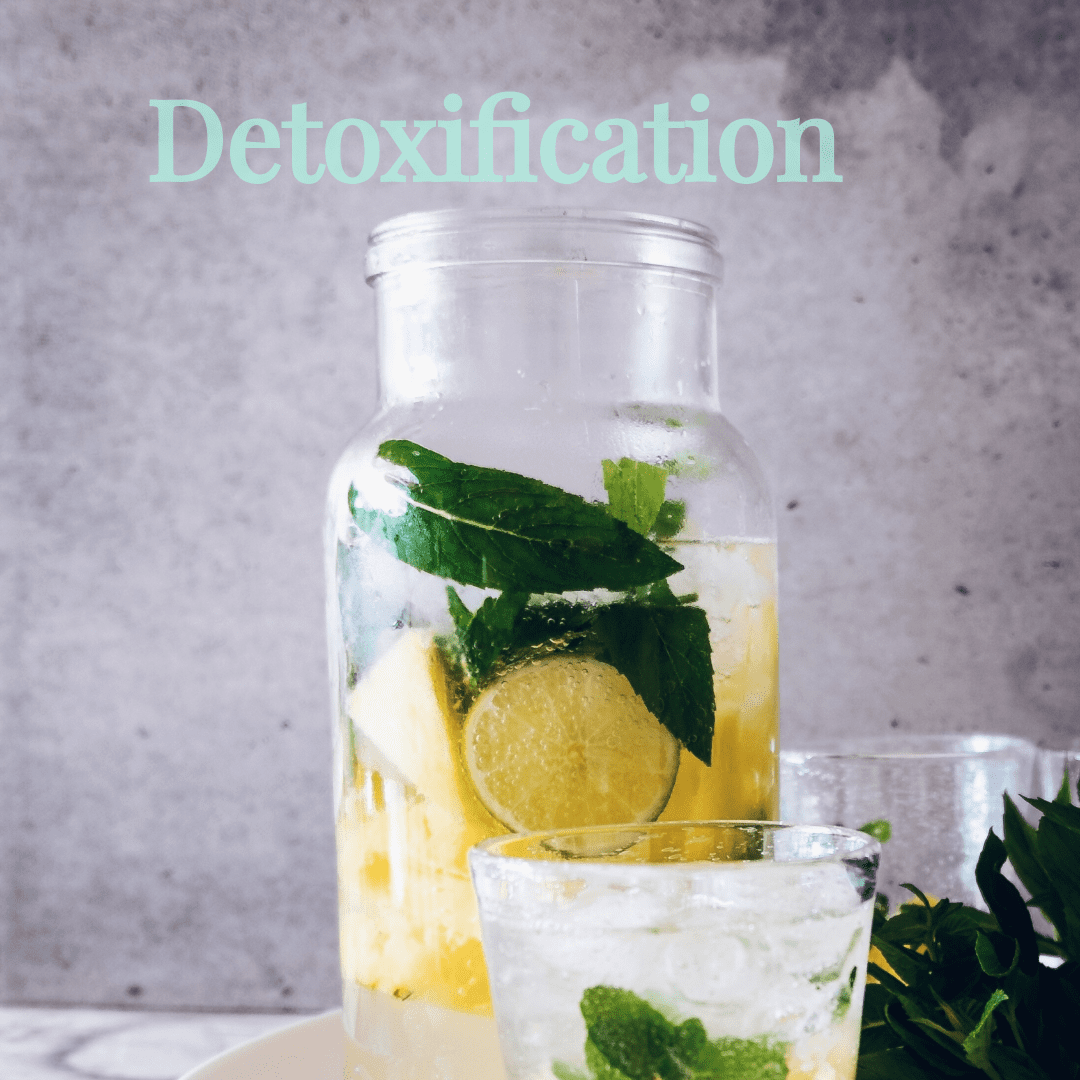We are living in an increasingly polluted world and toxins are at their highest ever levels. London is now one of the most polluted cities in the world in terms of nitrogen dioxide levels. Last month, the FT reported that London ‘struggles to breathe‘ – an article about the current levels of air pollution. There is certainly an increased need for supporting our detoxification process.Earlier this week, the Independent reported that a study demonstrated the first evidence of soot air pollution reaching the placenta in pregnant women in London.
How can we protect ourselves from these environmental toxins? One consideration is eating healthier by increasing the nutrient density of our meals to counteract our toxin load.
Each day we are surrounded by toxins – emissions in the air from cars , plastics, pesticides sprayed over our fruit and vegetables, antibiotics and growth hormones in our meats & dairy products, chemicals in beauty and house hold products. These toxins are endocrine disruptors and some chemicals have been implicated in cancer. All of this puts a heavy load on our liver – our main detoxification organ. However we can improve our detoxification by optimising the health of our liver and reducing its toxin load.
How can we support our liver function?
- Glutathione support: Glutathione is our most important antioxidant. It is a key chelator (it binds to heavy metal toxins and removes it out of our tissues) and is a biomarker for toxin overload. It protects cells from oxidative stress. A 2018 study shows that liposomal glutathione supplements are really effective at elevating our body’s glutathione stores which resulted in improved immune function markers.
- Cruciferous vegetables such as broccoli, kale, cavolo nero, cauliflower and brussel sprouts. These are part of the brassica family – they induce detoxification enzymes, prevent oxidative stress and support the immune system.
- More plant-based meals to increase fibre consumption. Fibre supports the natural detoxification pathway and reduces enterohepatic recirculation.
- Beetroot has detoxifying properties due to the presence of the pigment betalain.
- Eat low mercury fish such as sardines, salmon, anchovies. Tuna is one of the highest mercury containing fish.
- Chlorella is a freshwater algae and a potent detoxification agent. It can help detoxify heavy metals such as mercury and lead. Studies show that it is particularly effective in reducing levels of Heterocyclic amines (HCAs) and polycyclic aromatic hydrocarbons (PAHs). These are chemicals produced when cooking meat at high temperatures and have the potential to be carcinogenic.
-
Alpha lipoic acid (ALA) is a powerful antioxidant that recycles other antioxidants (such as reduced glutathione and vitamins C and E) and has metal-chelating activity.
